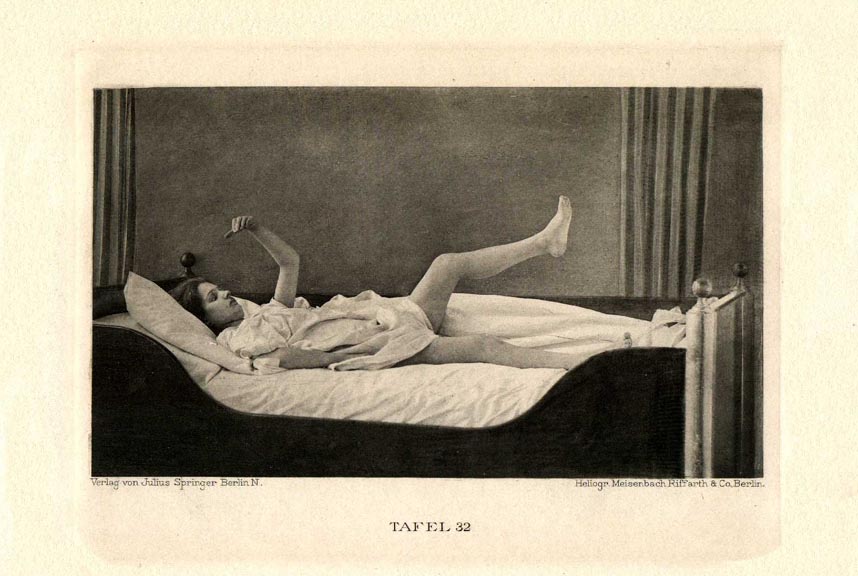Special Medical Conditions Associated with Catatonia in the Internal Medicine Setting: Hyponatremia-Inducing Psychosis and Subsequent Catatonia
Novac, A., Bota, D., Witkowski, J., Lipiz, J., Bota, R.G.
The Permanente Journal, 2014
Abstract
Diagnosis and treatment of catatonia in the psychiatry consultation service is not infrequent. Usually, the patient either presents to the Emergency Department or develops catatonia on the medical floor. This condition manifests with significant behavioral changes (from mildly decreased speech output to complete mutism) that interfere with the ability to communicate. After structural brain disorders are excluded, one of the diagnoses that always should be considered is catatonia. However, the causes of catatonia are numerous, ranging from psychiatric causes to a plethora of medical illnesses. Therefore, it is not surprising that there are many proposed underlying mechanisms of catatonia and that controversy persists about the etiology of specific cases.
There are only 6 reports of hyponatremia-induced catatonia and psychosis in the literature. Here, we present the case of a 30-year-old woman with catatonia and psychosis induced by hyponatremia, and we use this report to exemplify the multitude of biologic causes of catatonia and to propose a new way to look at the neuroanatomical basis of processing, particularly the vertical processing systems we believe are involved in catatonia.

